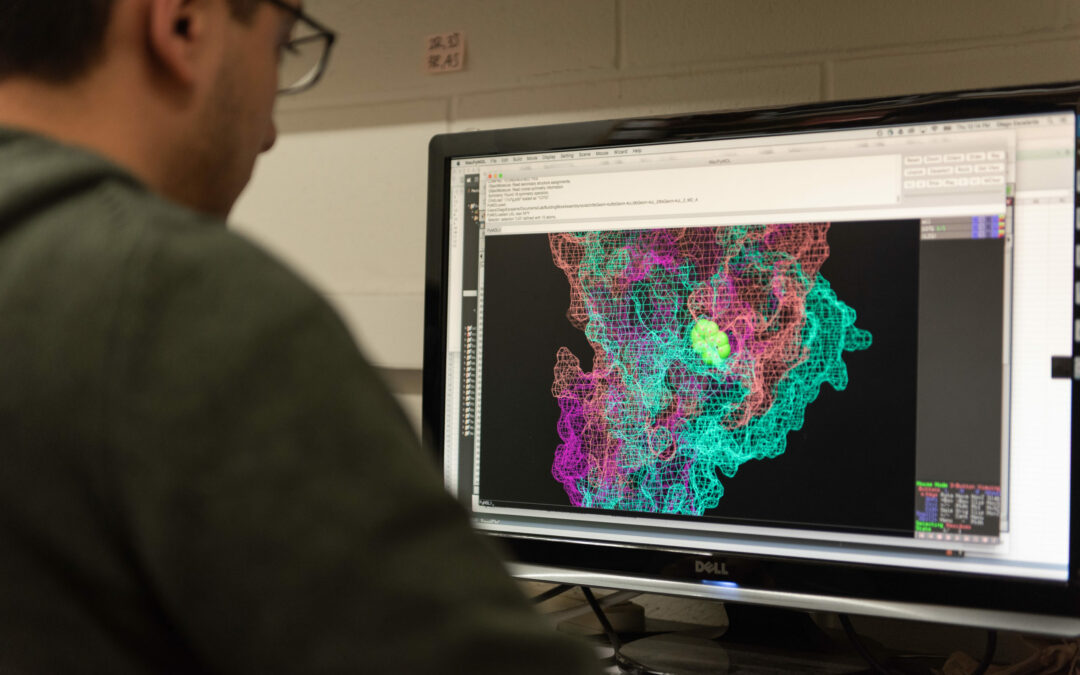
Mission Statement
Our Mission
The BioTechnology Institute (BTI) provides advanced research, training, and industry interaction in biological process technology, a major area of biotechnology research. The Institute is the central University of Minnesota vehicle for coordinated research in the biological, chemical, and engineering aspects of biotechnology and home to the MnDRIVE Environment Initiative

BTI’s Mission
(1) Advance and support cross-disciplinary research and innovation at the forefront of biotechnology, (2) Support workforce and professional skills training in biotechnology, (3) Facilitate and develop industry relations in biotechnology, (4) Serve as a central biotechnology resource on campus and (5) Provide biomanufacturing expertise and services to the University, Minnesota, and industry through its BioResource Center (BRC).
BTI Accomplishes its mission by:
(1) bringing together life-science and engineering faculty, researchers, postdocs, and students with shared research interests in biotechnology-related disciplines and
(2) providing administrative support and resources for scientific exchange, networking, collaborative research, and professional skills development and training of its community members.


Core Values
BTI is dedicated to fostering a safe, equitable, inclusive, and collaborative environment for its students, researchers, staff, and faculty. BTI values diversity of backgrounds, disciplines, and experiences as critical factors for achieving its mission of cutting-edge biotechnology research, training, and service.
The following core principles guide BTI:
Collaboration and Teamwork
Innovation and Excellence
Vision and Goals
BTIs goals are:
I. To be a major driver for the creation of a sustainable bioeconomy in MN by promoting and prioritizing cutting-edge fundamental and applied research towards the development of crucial enabling biotechnologies and synthetic biology approaches. BTI drives advances in a broad array of applications, including:
- (1) carbon capture and conversion,
- (2) sustainable biomanufacturing of value-added compounds and advanced materials,
- (3) bioremediation, recycling, and recovery of valuable elements and molecules,
- (4) discovery and design of therapeutics, diagnostics, materials, and processes
II To become a key player on campus for future MN bioeconomy workforce development by:
(1) offering up-to-date biotechnology training, professional skills development, and industrial networking
opportunities to our students, postdocs, and research staff.
(2) supporting the creation and implementation of relevant biotechnology curricula and skills training activities.
III. To expand BTIs visibility and footprint locally and nationally by:
(1) expanding its industrial relations and connections through its BRC, faculty expertise, and entrepreneurship
(2) effective communication and promotion.
